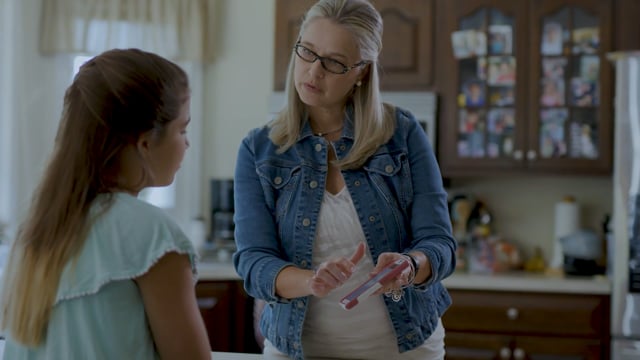Find a Provider
From well-child visits to specialized treatment of complex illnesses and injuries, we offer comprehensive care from an exceptional team of doctors, nurses and allied professionals.
- Parents Home
- Para Padres
- A to Z Dictionary
- Allergy Center
- Asthma
- Cancer
- Diabetes
- Diseases & Conditions
- Doctors & Hospitals
- Emotions & Behavior
- First Aid & Safety
- Flu (Influenza)
- Food Allergies
- General Health
- Growth & Development
- Heart Health & Conditions
- Homework Help Center
- Infections
- Newborn Care
- Nutrition & Fitness
- Play & Learn
- Pregnancy Center
- Preventing Premature Birth
- Q&A
- School & Family Life
- Sports Medicine
- Teens Home
- Para Adolescentes
- Asthma
- Be Your Best Self
- Body & Skin Care
- Cancer
- Diabetes
- Diseases & Conditions
- Drugs & Alcohol
- Flu (Influenza)
- Homework Help
- Infections
- Managing Your Weight
- Medical Care 101
- Mental Health
- Nutrition & Fitness
- Q&A
- Safety & First Aid
- School, Jobs, & Friends
- Sexual Health
- Sports Medicine
- Stress & Coping
Your Child's Vaccines: Human Papillomavirus (HPV) Vaccine
What Is the HPV Vaccine?
The HPV vaccine protects against human papillomavirus (HPV), a virus that can cause different types of cancer (such as cancer of the cervix, penis, anus, vagina, vulva, and throat) as well as genital warts. It can spread through sex and from some types of skin-to skin-contact. Research suggests it also might be linked to cardiovascular disease in women.
When Do People Get the HPV Vaccine?
The vaccine is recommended for girls and boys 11–12 years old (though kids as young as 9 also can get it) and for older kids who aren't yet vaccinated.
The vaccine is given as a series of shots:
- Kids and teens ages 9–14 get the HPV vaccine in 2 shots over a 6- to 12-month period.
- Teens and young adults (ages 15–26) get it in 3 shots over a 6-month period. People with weak immune systems also get 3 shots, including those 9–14 years old.
Teens or young adults who didn't start or complete the series of shots can get it up to age 45. (It is recommended up to age 26. After that, a person can decide with their doctor if it’s a good idea for them.)

Understanding the HPV Vaccine
Get the facts about the HPV vaccine and how it can protect your child from this infection – and some types of cancer – for years to come.
Why Is the HPV Vaccine Recommended?
HPV can cause some types of cancer and genital warts. The vaccine is an important way to prevent infection and the spread of HPV. It works best when given before someone might be exposed to the virus.
The HPV vaccine doesn't protect against all types of HPV. So people who are sexually active should always use condoms. Girls and women should see their gynecologist regularly and get pap smears as recommended (usually starting at age 21).
What Are the Possible Side Effects of the HPV Vaccine?
The most common side effects are mild fever and pain, swelling, and redness where the shot was given. Headache, nausea, and muscle pain also can follow a shot. As with any vaccine, there is a small risk of fainting, and a very small chance of an allergic reaction.
The HPV vaccine doesn’t contain any live virus, so it cannot cause HPV infection.
When to Delay or Avoid the HPV Vaccine
Simple colds or other minor illnesses should not prevent vaccination, but your doctor might choose to reschedule the vaccine if your child has a more serious illness.
Talk to your doctor about whether the vaccine is a good idea if your child ever had a serious allergic reaction, or any allergic reaction after a previous dose of the HPV vaccine or to yeast.
Ideally, pregnant women should delay getting the vaccine until after giving birth. But if they do get the vaccine during pregnancy, it's not cause for alarm because no known problems are linked to the HPV vaccine and pregnancy — there just hasn't been a lot of research done yet about getting the HPV vaccine during pregnancy.
Caring for Your Child After the HPV Vaccine
Check with your doctor to see if you can give either acetaminophen or ibuprofen for pain or fever, and to find out the right dose.
A warm, damp cloth or a heating pad on the site of the shot may help reduce soreness, as can moving or using the arm.
When Should I Call the Doctor?
Call the doctor if:
- You aren't sure if your child can get the vaccine.
- There are problems after the vaccine.

© 1995- The Nemours Foundation. KidsHealth® is a registered trademark of The Nemours Foundation. All rights reserved.
Images sourced by The Nemours Foundation and Getty Images.


